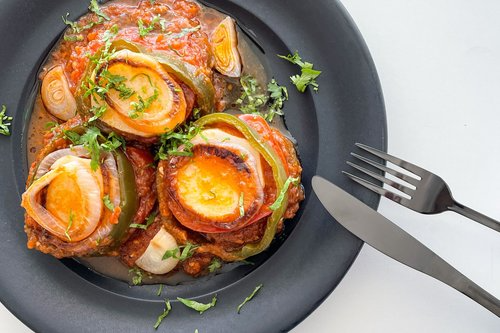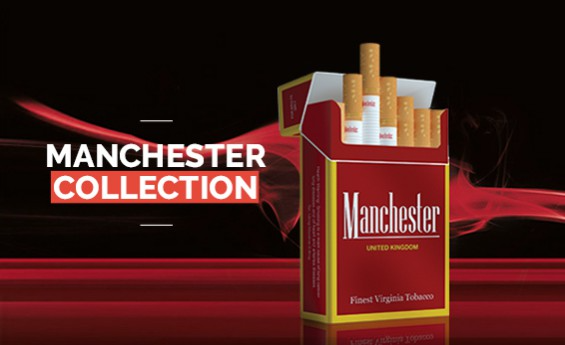A well-structured meal plan is crucial for bodybuilders looking to maximize their gains and achieve their fitness goals. Proper nutrition is essential to fueling workouts, supporting muscle growth, and aiding in recovery. Here’s a guide on what to eat and what to avoid when following a diet plan for muscle gain.
What to eat:
Lean proteins:
Protein is the building block of muscle tissue. Include lean sources of protein in your diet, such as chicken breast, turkey, lean beef, fish, eggs, and tofu. These provide essential amino acids necessary for muscle repair and growth.
Complex carbohydrates:
Carbohydrates are the primary energy source for intense workouts. Opt for complex carbohydrates like brown rice, quinoa, whole wheat bread, sweet potatoes, and oats. They provide sustained energy and are rich in fiber and essential nutrients.
Healthy fats:
Include sources of healthy fats like avocados, nuts, seeds, olive oil, and fatty fish (salmon, mackerel) in moderation. Healthy fats aid in hormone production and support overall health.
Vegetables:
Ensure you include a variety of vegetables in your diet. They provide essential vitamins, minerals, and antioxidants. Spinach, broccoli, kale, peppers, and carrots are excellent choices that promote overall health and aid in digestion.
Fruits:
Incorporate a variety of fruits into your meal plan. They provide vitamins, minerals, and antioxidants. Berries, bananas, apples, and oranges are popular choices and can be enjoyed as snacks or added to smoothies.
Pre- and post-workout nutrition:
Consume a balanced meal or snack containing carbohydrates and protein before and after your workouts. This helps provide energy and aids in muscle recovery and growth. Examples include a protein shake with fruit or a meal consisting of chicken breast with sweet potatoes.
What to avoid:
Processed foods:
Minimize your consumption of processed foods, as they are often high in unhealthy fats, added sugars, and sodium. These foods lack essential nutrients and can hinder your progress. Opt for whole, unprocessed foods instead.
Sugary drinks and snacks:
Avoid sugary drinks like soda, sports drinks, and excessive fruit juices. These are high in calories and provide little nutritional value. Similarly, limit your intake of sugary snacks, candies, and desserts.
Trans fats and saturated fats:
Avoid foods high in trans fats and saturated fats, such as fried foods, fast food, pastries, and processed meats. These fats can contribute to inflammation and heart disease and hinder your progress.



